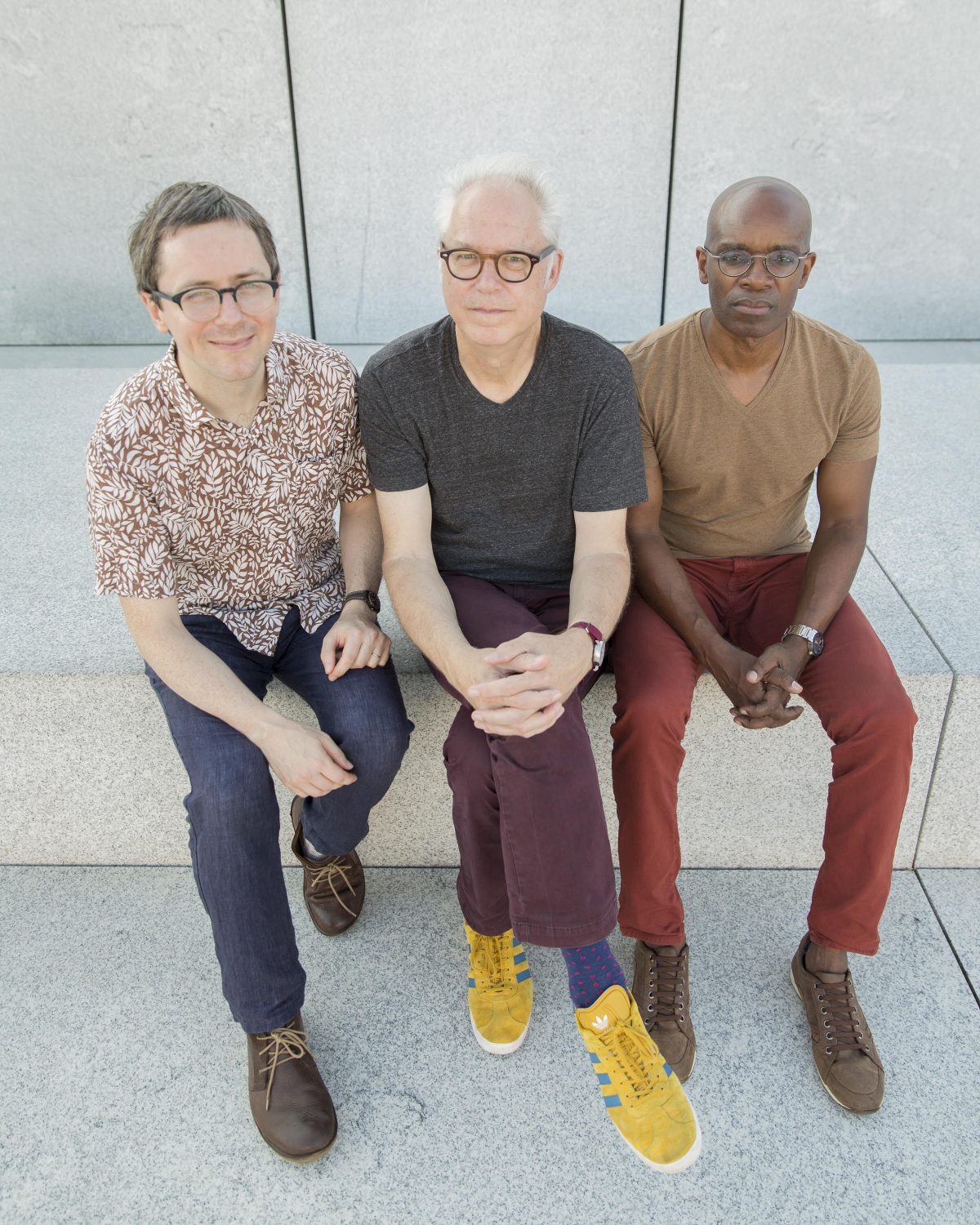By Dave Cantor
Bill Frisell is a cypher for American music, ping-ponging among genres for the past five decades.
Like most jazz musicians, the guitarist keeps his ears wide open. But encountering vibraphonist Gary Burton playing what at one point was called “jazz rock” sent Frisell’s understanding of the genre down a new path.
“The whole psychedelic thing was happening, but then the music was on such a high level,” Frisell says of hearing Burton’s late-’60s and early-’70s groups during his youth. “I mean the guitarists that Gary had in his band were—I guess people don’t even know half of these guys. Even before Larry Coryell, he played with Hank Garland. … Then there’s Jerry Hahn, Sam Brown, John Scofield, Pat Metheny, Mick Goodrick. It’s incredible the guitar players that went through that band.”
As a kid, Frisell frequented a music shop and cultural center run by Harry Tuft—a figure in Denver maybe akin to Moses Asch. He’d hang around, check out instruments and records that were for sale, and take in heady conversations about performers he wasn’t necessarily familiar with.
By his teenage years, Frisell was deep into the clarinet and eventually headed off to college to further study the instrument. His folks also moved from Denver to New Jersey during the ’70s, and then later to North Carolina, where Frisell would “go off exploring” during visits.
In the western portion of North Carolina and in southwest Virginia, Frisell again found music that rearranged his brain—folk strains developed in tight-knit communities, relatively untouched by the genre’s electric and pop-oriented derivations.
“It was really kind of mind-blowing for me,” the guitarist says. “I hadn’t heard that for real, you know, stuff that people had just grown up [with] there and played. That had a huge impact on me.”
Frisell’s own work has stretched to insinuate the spectrum of music he’s encountered over the decades, veering from jazz standards to familiar folk tunes. In some ways, it was drummer Paul Motian—best known for working in Bill Evans’ trio—who gave the guitarist a significant platform to explore in the ’80s.
“He really recognized me for what my voice was. He wanted a guitar player, but it wasn’t so much about the guitarist. He wanted me as a person,” Frisell says about the late drummer. “I felt so wide open to do whatever I felt. It wasn’t like I was filling a role of what he thought a guitarist should be. It was like, ‘Here, just take it as far as you can go.’”
Frisell’s developed long-standing relationships with a raft of other players—including drummer Rudy Royston; they first played together back in 1993, the guitarist says. During the ensuing decades, Royston’s contributed to a handful of the bandleader’s albums, as well as provided the backbeat for Frisell’s regular trio, which is making a stop at The Southern for a pair of Saturday shows.
In addition to Royston, the guitarist’s group will include Thomas Morgan at its Charlottesville date—a bassist who’s played with Frisell for more than a decade, contributing to a few duo albums on ECM alongside the bandleader. Both rhythm players were also a part of the guitarist’s Grammy-nominated Orchestras, a 2024 album that featured a wealth of European classical talent.
It should maybe go without saying: There’s not a set list for the trio’s local performance.
“The number of songs that we know and the possibilities are so huge that we never really—especially with this trio—we don’t really plan at all,” Frisell says. “Anything I can throw at those guys, they’re gonna know what it is.”
While familiarity with repertoire can help performers shuttle ideas from their minds down to their fingers, attaining that kind of fluidity is a career-long journey.
Frisell referred to the distance between intent and desired outcome as a “huge chasm.”
“I can never get what it is I’m actually trying to do to come out,” he says. “It’s always … reaching for something that you can’t quite get. So, you just get as close as you can, and that’s what keeps you going.”
